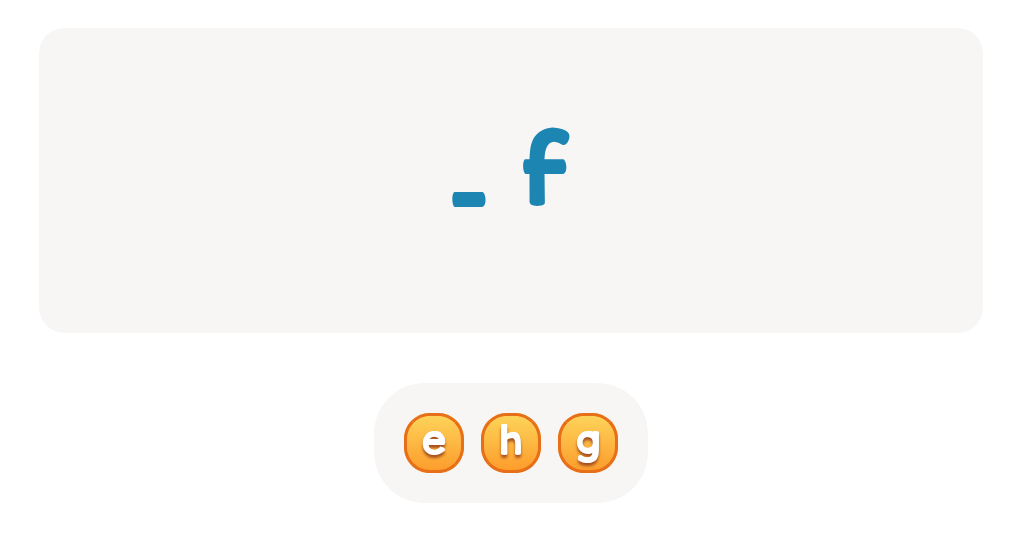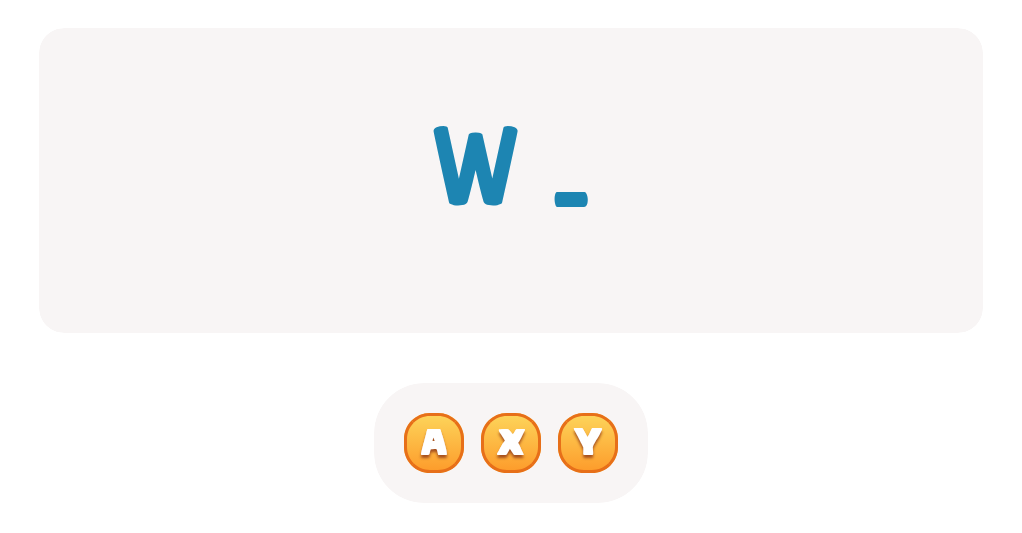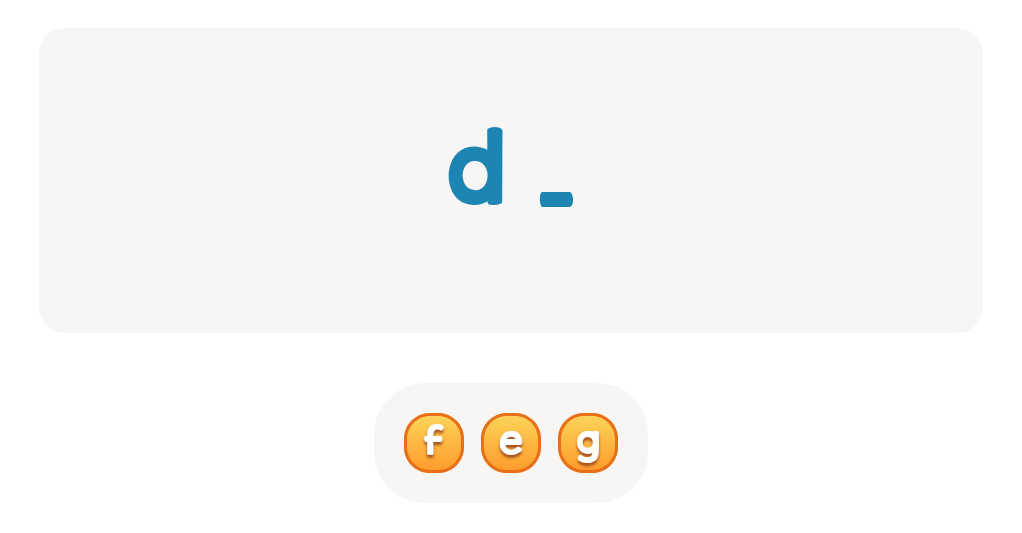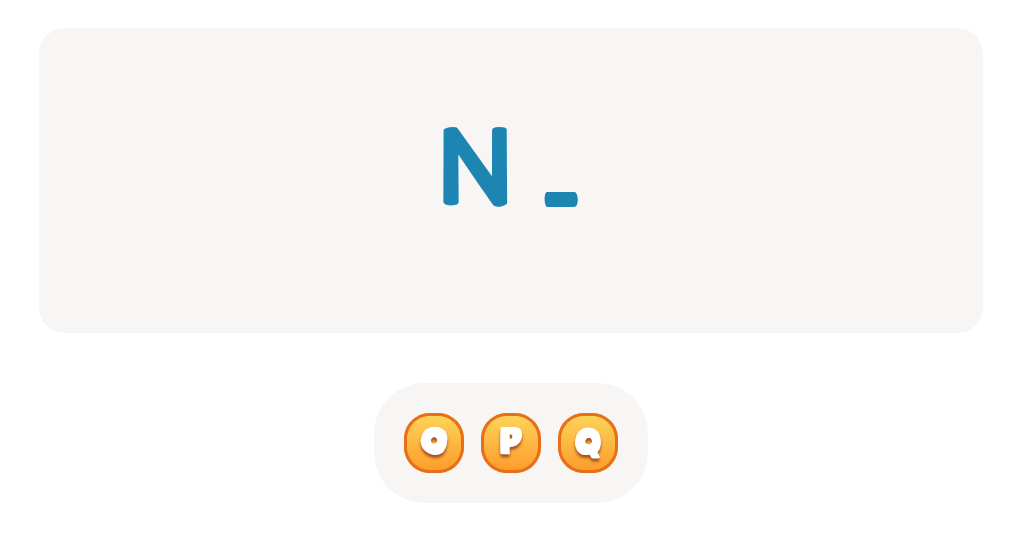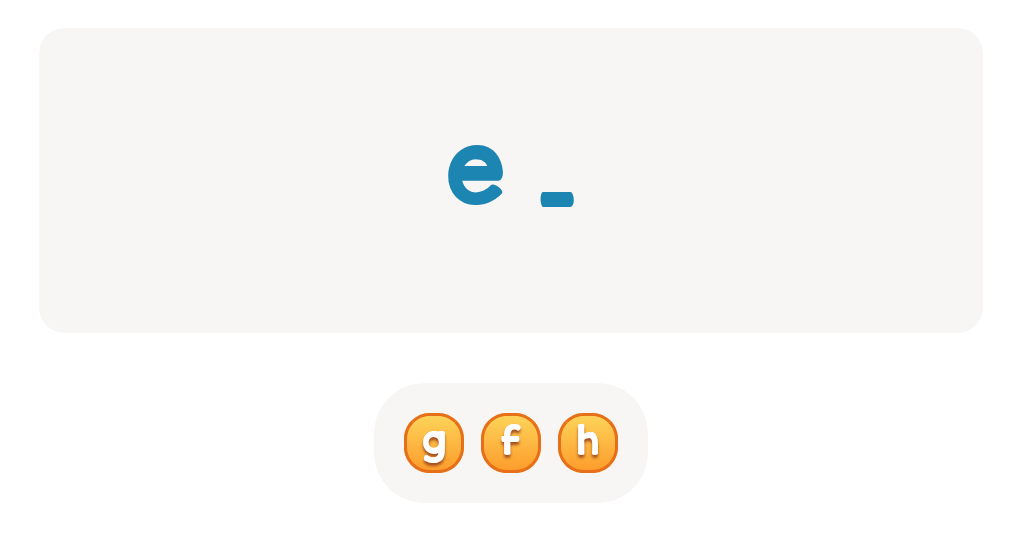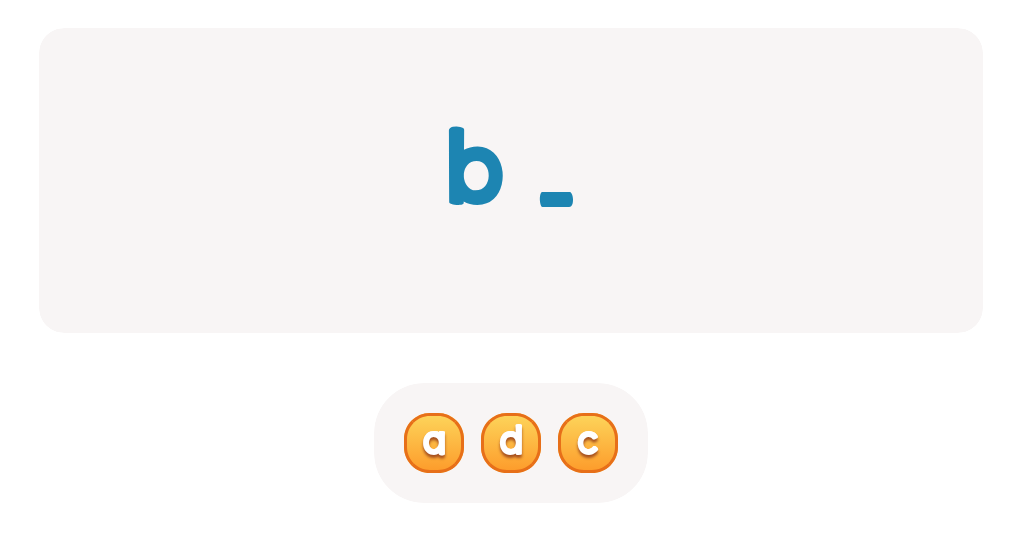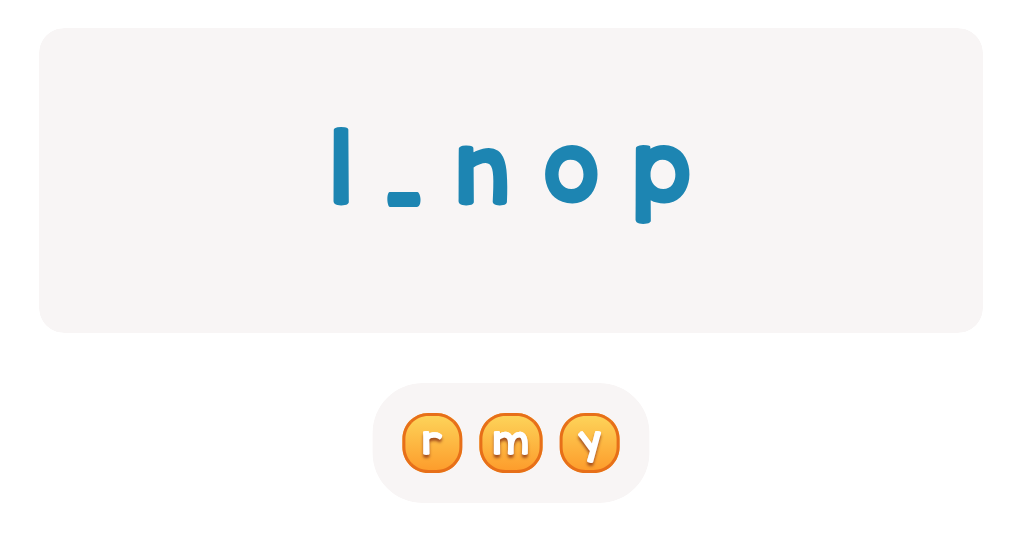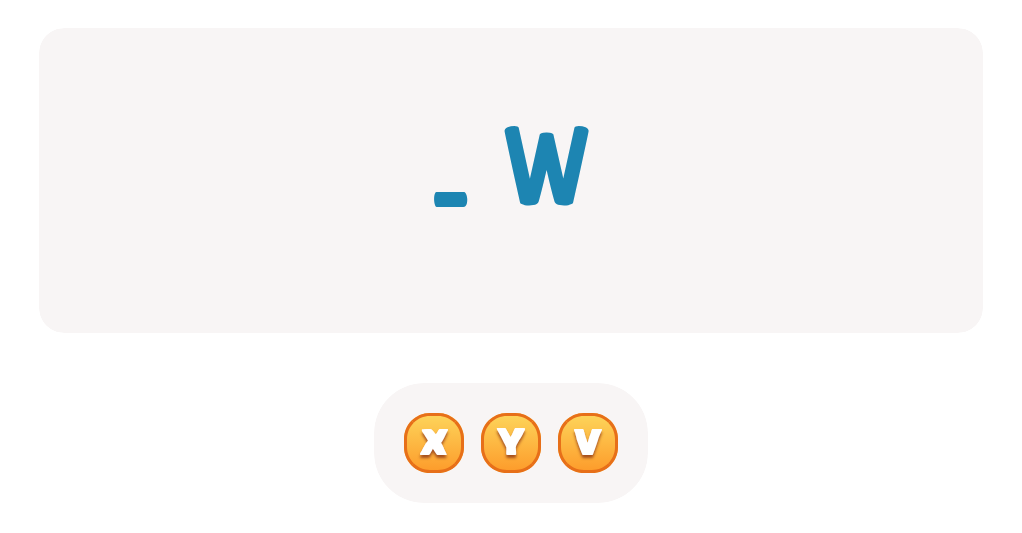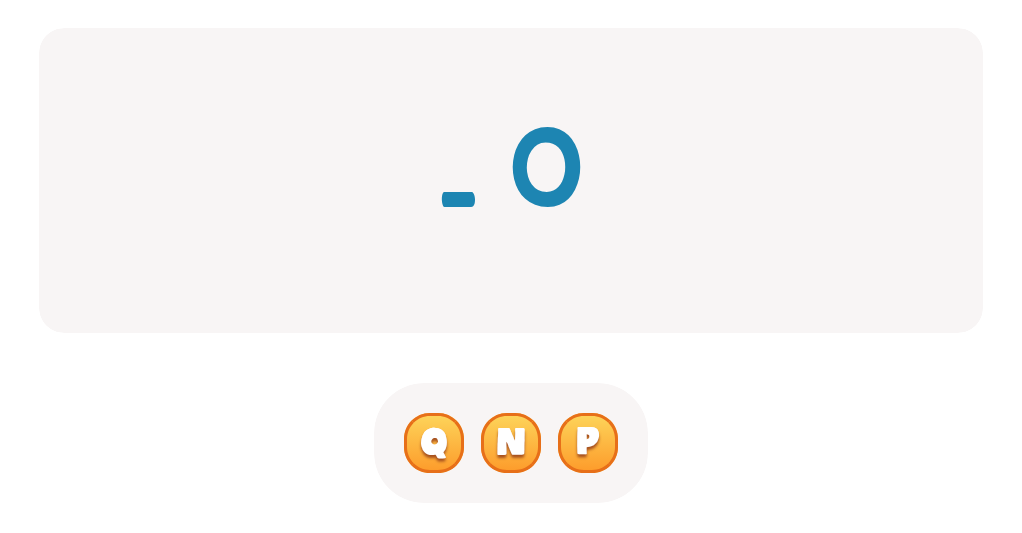Letter Tracing Practice ABC Letters Worksheets for Ages 5-6
3 filtered results
-
From - To
Introduce your young learners to the world of writing with our "Letter Tracing Practice ABC Letters Worksheets for Ages 5-6." These engaging worksheets offer an excellent way for children to master the alphabet, enhancing their fine motor skills and boosting handwriting confidence. Perfectly designed for early learners, each worksheet provides ample tracing opportunities, allowing kids to practice both uppercase and lowercase letters. Ideal for both classroom and at-home learning, these printables make learning letters fun and interactive. Help your child build a solid writing foundation and ignite their love for learning with these fantastic ABC tracing worksheets!
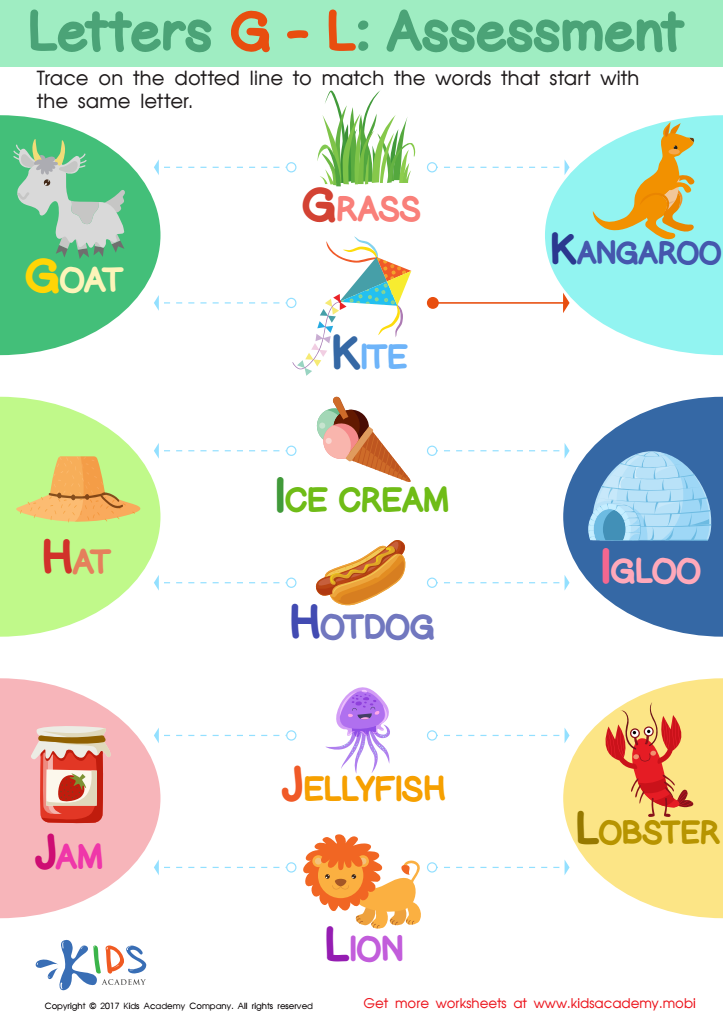

Letters G-L Worksheet
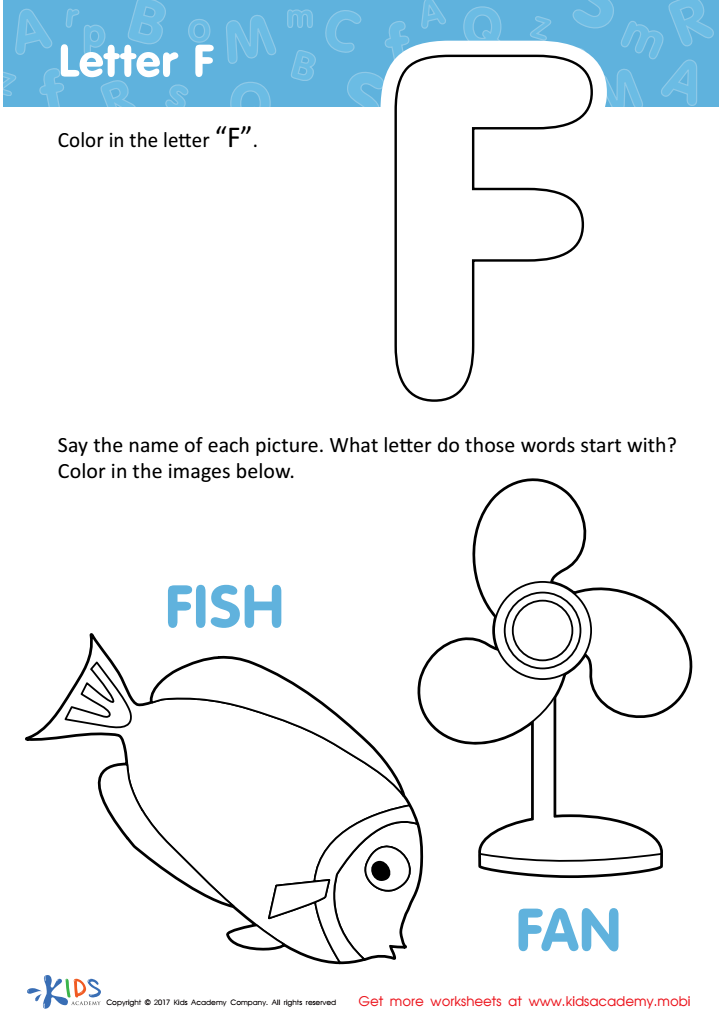

Letter F Coloring Sheet
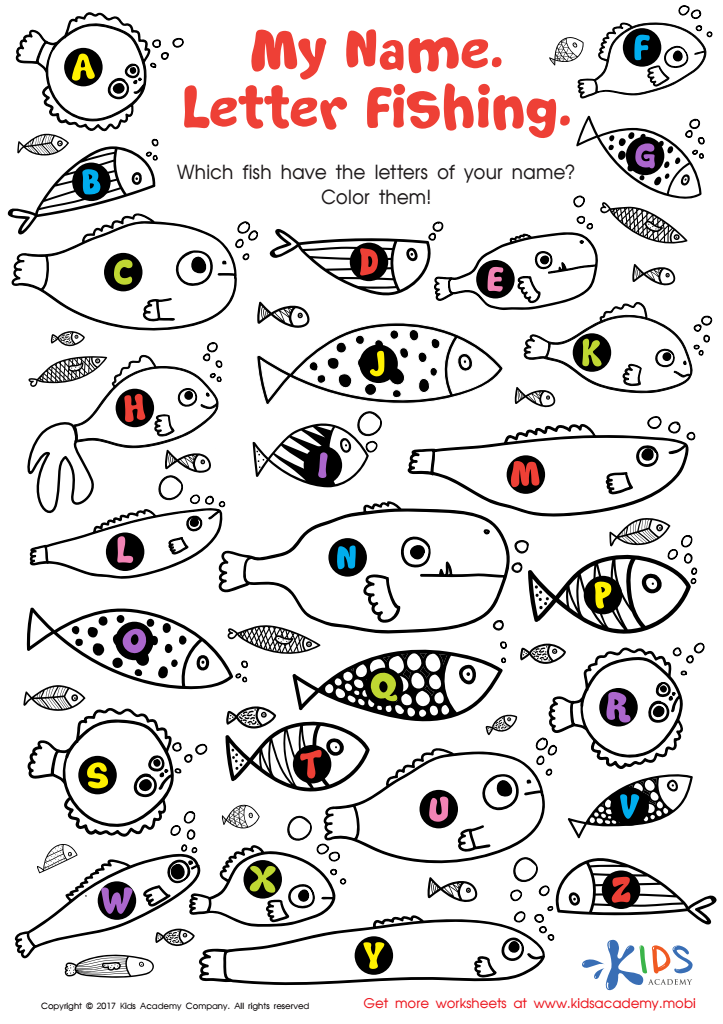

My Name: Letter Fishing Worksheet
Parents and teachers should prioritize Letter Tracing Practice for children aged 5-6 as it is fundamental in developing early literacy skills. This age is critical for cognitive and motor skill development, and practicing tracing the alphabet supports both areas. When children trace letters, they reinforce their understanding of letter shapes and sounds, which are the building blocks of reading and writing.
Engaging in letter tracing helps young learners improve their fine motor skills, particularly hand-eye coordination and the ability to control writing tools. These are essential for effective handwriting. Additionally, pattern recognition strengthens cognitive skills and aids memory, making it easier for children to recall and reproduce letters accurately.
Early engagement with letter tracing also boosts confidence and encourages positive associations with learning. Children who feel capable and confident are more likely to enjoy and seek out educational activities, fostering a lifelong love for learning. Teachers can use tracing to diagnose and provide support for any difficulties a child might struggle with, such as dysgraphia or dyspraxia.
Ultimately, consistent letter tracing practice builds a solid foundation for advanced literacy skills, ensuring children are well-prepared for future academic challenges. Therefore, parents and educators who invest in these practices are contributing to the long-term developmental success of young learners.
 Assign to My Students
Assign to My Students
